

"At best, haiku merge images from the exterior world with the landscape of the poet's heart so effectively that a receptive and fully participatory reader can become part of the poem, too."
Peggy Willis Lyles ("An Interview with Peggy Willis Lyles," To Hear the Rain)
I am grateful to the editors of The Heron's Nest for the honor and privilege of selecting this year's Peggy Willis Lyles Award winners. When I say "yes" to my own writing practice, or to the haiku community at large, I find I always learn something new.
Take a few minutes to remember your own haiku mentors, those who said "yes" to you, who promoted your early and ongoing efforts in the art and craft of haiku, who asked you to participate in some way along the haiku path. Embrace the lessons you've learned from them and pass them on. This is the legacy of Peggy Willis Lyles, whose wise counsel and gentle, generous spirit touched the hearts and lives of so many of us, near and far.
If you don't have a copy of To Hear the Rain, buy one and study it carefully. Pay attention to the way language is used and the way it sounds. Find moments of heightened awareness that resonate on more than one level and expand our connections to the natural world and human condition. Discover sudden realizations, stark realities, wonder, doubt, dreams, and apprehensions through imagery and juxtapositions linked to sensory perceptions and rendered with an "essential honesty, and faith that what you find in them is what they mean and are."
These qualities and Peggy's words offered inspiration as I read and considered the poems selected by The Heron's Nest editors. I then pared my shortlist down to eight haiku that spoke to me on multiple levels, and added what I hope is worthy commentary. The process was slow, but rewarding, and I am pleased to honor the poems that called me back again and again.
Francine Banwarth
autumn rain—
nothing left of the gull
but its voice
Milan Dragovic
Serbia
Oh, cold and dreary autumn rain. Has the gull flown and we are left with its voice fading into what little light there is? Or do we find something more within the carefully crafted imagery and sound values that convey the tone and significance of the moment? Is the gull dying? Intuition tells me yes. This poem's focus is the natural world, but it resonates on a deeper level with the human condition. Death takes its time. As the end draws nearer and nearer, lifeblood and energy drain, the breath becomes shallower, the voice weaker, until there is nothing left but the sound of the rain through which the spirit passes. Most of us have heard the cry of a seagull. It is sharp, piercing, annoying at full throttle. Yet I can't help but think that even a gull has its more tender moments when mating or caring for offspring. I hear the gull's voice and I'm reminded of loved ones I have lost, of things they said that I will never forget, or a poem they wrote that speaks to me still in the silence of their absence. A poem like this, one that has found a place in my heart.
winter birds
all my hopeful
doubt
Meik Blöttenberger
Hanover, Pennsylvania
Leaving autumn rain behind, we enter the season of winter. The author has chosen wisely in regard to both content and form. Just six words with eight syllables, but absolutely nothing more can be added to deepen or broaden the impact of this haiku moment. The birds are not identified, which leaves them open to the reader's personal experience and interpretation. But whether the birds have flown south for the winter or are equipped to adapt to the challenges of the season, the underlying theme is one of survival. The break at line 2 is brilliant! We are suddenly immersed in the human condition and held briefly at the peak of hope before we are dropped into the pit of doubt. Yet, it is "hopeful doubt," and though words can't quite explain exactly what that means, the heart understands and responds accordingly.
old memories—
a bellflower folds
around a bee
Carole MacRury
Point Roberts, Washington
Like spring and summer, this poem is alive with vibrant sound values and evocative imagery. Read the lines out loud and pay attention to the way the vowels and consonants fold into each other and roll off your tongue. Many haiku have been written about flowers and bees, but the fresh, timeless appeal for me here is the distinction between old memories and new memories. There is a difference. Old memories have been seasoned by the passage of time. They have aged like fine wine or heirloom tomatoes. They evoke an aura of nostalgia and perhaps a measured amount of melancholy that a new memory hasn't quite earned. Flowers, whether weeds, annuals, or perennials, have the power to awaken thoughts and feelings that otherwise might slip by unnoticed. Imagine the bee folded inside the bellflower. Recall an old memory. That is the poet's gift to you.
pond light on birch bark
the dream leaves
the way it arrives
Peter Newton
Winchendon, Massachusetts
A few "dream haiku" made it to my shortlist, but this one rose to the top because it shifts the focus from the "I/me/my" of the dream to the essence of the dream state itself. That essence is so perfectly captured in the delicate flicker of "pond light on birch bark" and suspended, as if on threads of gossamer, through lines 2 and 3. The dream is seamless, elusive, perhaps abstract, but its origin is rooted somewhere in the recesses of the poet's mind. Edgar Allan Poe wrote: "Those who dream by day are cognizant of many things which escape those who dream only by night." When we find ourselves in this heightened state of awareness, we often write our best haiku. And it is at these times, too, that we are most likely to be more open to reading and finding meaning in the haiku of others.
thin harvest—
I salt the bitterness
out of the gourd
Carl Seguiban
Burnaby, British Columbia, Canada
The tension in these images and words with rich sound values is palpable. What does the haiku offer? A thin harvest, salt, bitterness, and the humble gourd. The em dash suggests, as in some of the other award-winning haiku, that the two parts of the moment are happening at the same time, not one after the other. With that immediacy we connect to the harsh realities of a failed growing season and the drought or flood that caused it. The poem resonates also on a deeper level, one that connects us to the condition of the human spirit. How do we measure our inner growing season and the fruits of our daily labor? Do we "salt the bitterness out of the gourd"? Do we live in joy with a spirit of abundance and generosity, regardless of our good fortune or lack thereof? Or do we merely exist inside a thin skin wasting our potential and hoarding our gifts?
cheshire moon—
the arc of
a wall calendar's rod
Yesha Shah
Surat, India
Immediately the Cheshire Cat in Alice's Adventures in Wonderland comes to mind. From time to time its body disappears leaving only its mischievous grin, much like the moon, which wanes to a crescent before it disappears and begins its cycle again. The cat engages Alice in conversation, at times amusing and at other times perplexing. (How many of us have talked to the moon and waited for an answer?) "Cheshire moon" also refers to a wet or dry moon. Both are crescent moons with different angles to the horizon. The wet moon occurs during winter and the dry moon during summer, so we feel the passage of time. Adding to the layers of significance, the arc of the rod mimics the curve and tilt of the moon. We are reminded that time can't be nailed to the wall and that we should live each day as if it were the last.
nowhere to be
the sharpness of sorrel
on my tongue
Matt Morden
Newcastle Emlyn, Wales
Sorrel is a perennial herb commonly found in grassland habitats. It is cultivated and used around the world for a variety of dietary and health benefits. The roots stretch deep into the ground and the leaves are tart and tangy on the tongue. The poet, for the moment, is grounded where he or she is standing but becomes aware of an inner landscape triggered by the sharpness of the herb. This doesn't appear to be a sweet moment of contentment. Time spent with oneself reenergizes and rejuvenates, but too much time alone with nowhere to go and no one to talk to can leave a person feeling lonely and abandoned. I find it interesting that the poet chooses "nowhere" rather than "no place" and am reminded of the Beatles song, "Nowhere Man": Doesn't have a point of view / Knows not where he's going to / Isn't he a bit like you and me?
last day of school
the new boy offers to take
the turtle home
Dru Philippou
Taos, New Mexico
Through concrete imagery and matter-of-fact diction, this young boy connects us to the children of the world. Home means something different to each one of us, but whether we live there well or poorly, "home is where the heart is." How many children don't have a safe place to call home? How many have been displaced, misplaced, or re-placed due to family circumstances, civil strife, immigration, or a number of other causes and situations? Why did this boy have to enter a new school so near the end of the year and who and what did he leave behind? There is no time to make new friends as his classmates disperse for the summer, but he finds a friend in the turtle and identifies with its impending homelessness. We hope that the boy, like the turtle tucked safely inside its shell, has found a place he can call home.
Editor: This year's contest drew 1,930 poems, from 425 poets.
We thank the artists who have provided these selected images. And we thank all of the artists who offered their work this year. A total of 376 images, from 49 artists, made our selection process an arduous pleasure. It was almost painful to pass over so many instances of beauty, clarity, and refined vision in order to identify the eight that we will use in the print edition of Volume 18 of The Heron's Nest.
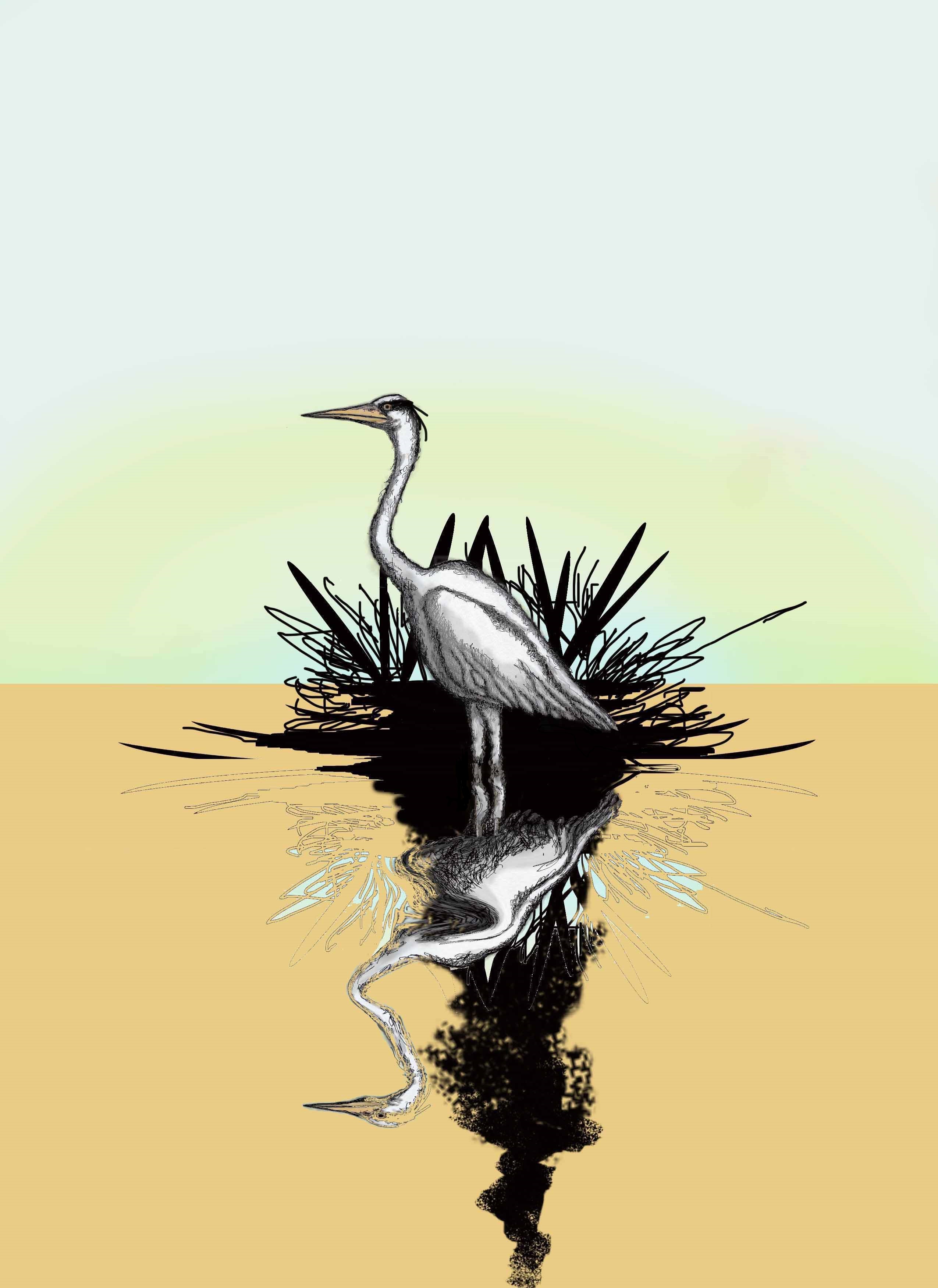
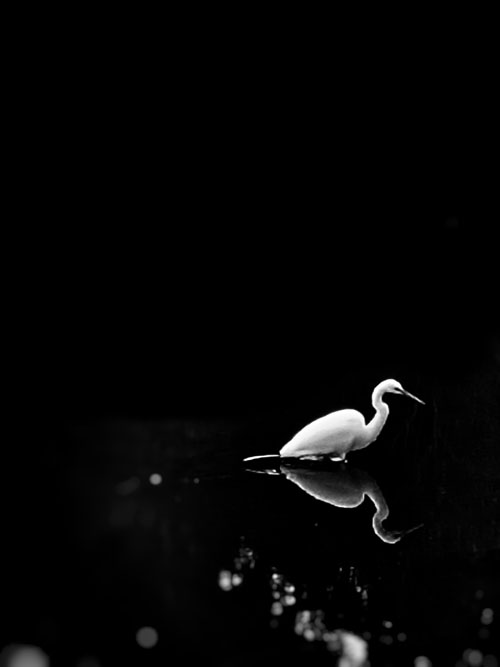
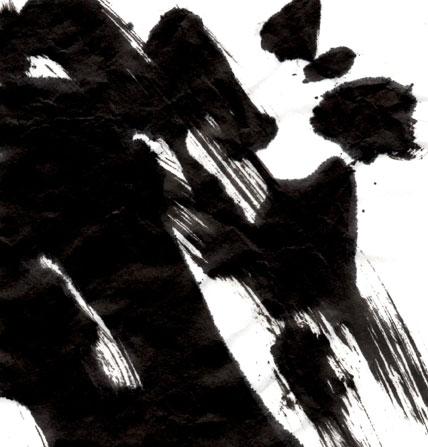
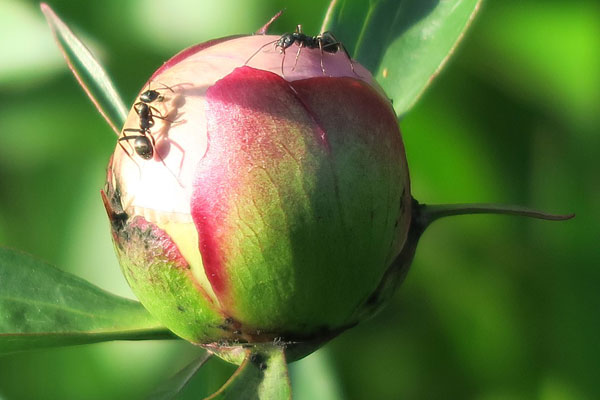
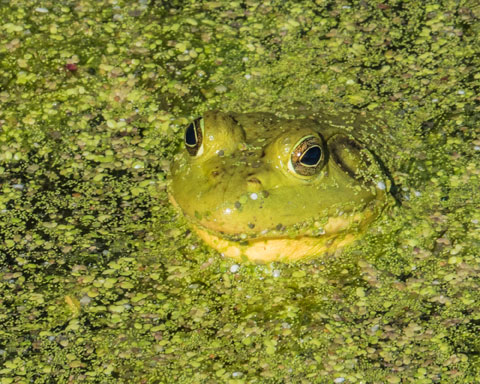
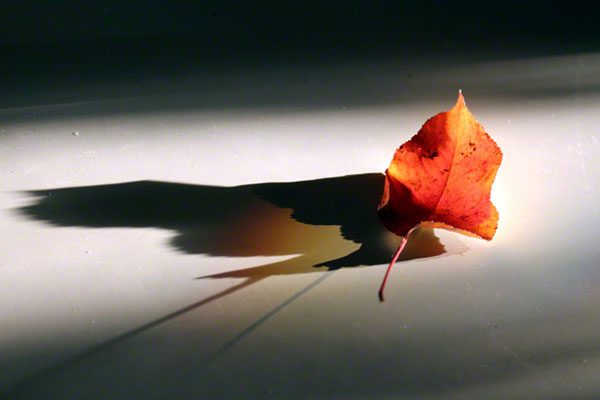
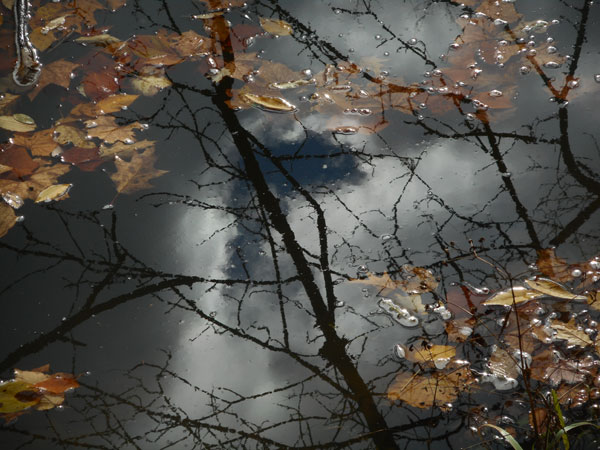

Congratulations to these artists and our deep thanks to all who sent us their work. We wish we could have used much more of it.
For Poems Published in The Heron's Nest Volume 18 (2016)
Seventy-six readers of The Heron's Nest have provided us with their selections of the best poems we published during 2016. We published 489 poems in Volume 17. Of these, 306 received at least one reader nomination. Ten points were awarded for a first place nomination, nine for second, and so on.
Here are the top poems and poets as identified for these Readers' Choice Awards:
Haiku of the Year (15 nominations, totaling 111 points)
water lilies—
our days
in the sun
Yu Chang (December issue)
(14 nominations, totaling 104 points)
roasting sun
the egret's measured steps
in buffalo shadow
Adjei Agyei-Baah (March issue)
(13 nominations, totaling 98 points)
heartland
the world winnowed down
to wheat
Alan S. Bridges (June issue)
(11 nominations, totaling 81 points)
insomnia
length of the night
on her knitting needles
Maria Tomczak (September issue)
60 points: "making it" — Bill Kenney — December
59 points: "last day of summer" — Katrina Shepherd — December
48 points: "shaping" — Susan B. Auld — September
48 points: "nearly deaf—" — Christopher Herold — December
47 points: "one plate one fork one spoon" — Kristen Deming — September
47 points: "jazz pianist" — Ben Moeller-Gaa — June
45 points: "November wind" — Peter Newton — March
43 points: "in the blink of a firefly evening" — Bob Lucky — September
42 points: "starry night" — pjm — March
41 points: "oolong" — Peter Newton — June
40 points: "wedding balloons—" — Susan Constable — December
40 points: "boyhood friend" — Garry Eaton — September
39 points: "gone south..." — Tom Clausen — March
38 points: "winter night" — Sandi Pray — June
36 points: "as if his hand" — Kristen Deming — September
35 points: "wheeling her chair" — Bill Pauly — December
This category represents the total number of points awarded to each poet for their entire body of work in Volume 18.
Alan S. Bridges: Poet of the Year (24 nominations, naming 4 of 5 poems published in Volume 18 = 150 points)
Yu Chang: (24 nominations, naming 3 of 4 poems published = 145 points)
Peter Newton: (20 nominations, naming 6 of 6 poems published = 133 points)
Hilary Tann: (17 nominations, naming 5 of 5 poems published = 119 points)
Adjei Agyei-Baah (2 of 2 poems, totaling 106 points)
Katrina Shepherd (3 of 4 poems, totaling 91 points)
Bob Lucky (3 of 4 poems, totaling 87 points)
Kristen Deming (2 of 2 poems, totaling 83 points)
Maria Tomczak (1 of 3 poems, totaling 81 points)
Christopher Herold (5 of 6 poems, totaling 79 points)
Ben Moeller-Gaa (4 of 4 poems, totaling 78 points)
Rick Tarquinio (4 of 5 poems, totaling 64 points)
Bill Kenney (1 of 2 poems, totaling 60 points)
Joy Reed MacVane (3 of 3 poems, totaling 49 points)
Susan B. Auld (1 of 1 poem, totaling 48 points)
Michael McClintock (5 of 5 poems, totaling 46 points)
Francine Banwarth (2 of 4 poems, totaling 44 points)
Elmedin Kadric (3 of 3 poems, totaling 44 points)
We congratulate the poets honored in this year's Readers' Choice Awards and offer our sincere and deepest gratitude to the readers who devoted their time, effort, and discernment to the nomination process.